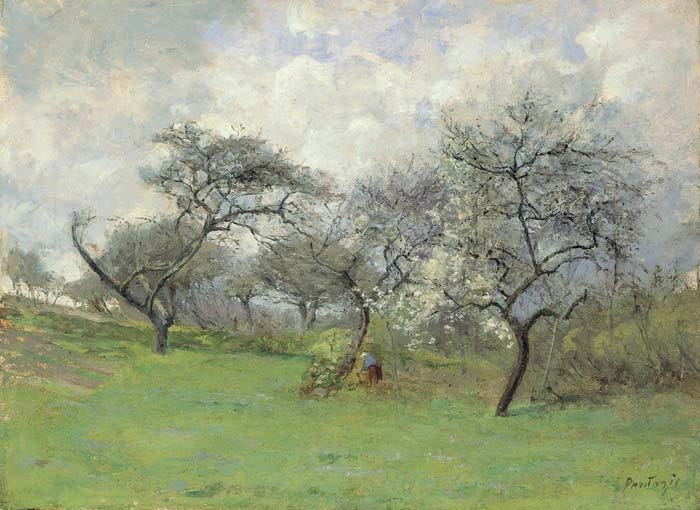
The birthday of William Shakespeare (1564–1616), which we celebrate tomorrow, April 23, prompts us to meditate on everything we know about the man, which isn’t all that much. What we don’t know, however, presents a seemingly inexhaustible source of speculation: what religious convictions he held, what sexual tastes he entertained, and much more.
What we know is that the baptism of a son born to John and Mary Shakespeare is recorded in the register of Holy Trinity Church, Stratford-upon-Avon, as having occurred on April 26, 1564. That the child was three days old at the time of his baptism is a matter of tradition, not certainty. Artifacts related to his childhood include an example of a horn book from which he “might have learned to read.” In fact, much of Shakespeare’s biographical narrative consists of things he might have done, between that baptismal day in April 1564 and the day of his death, on what was putatively his fifty-sec…
Keep reading with a 7-day free trial
Subscribe to Poems Ancient and Modern to keep reading this post and get 7 days of free access to the full post archives.



